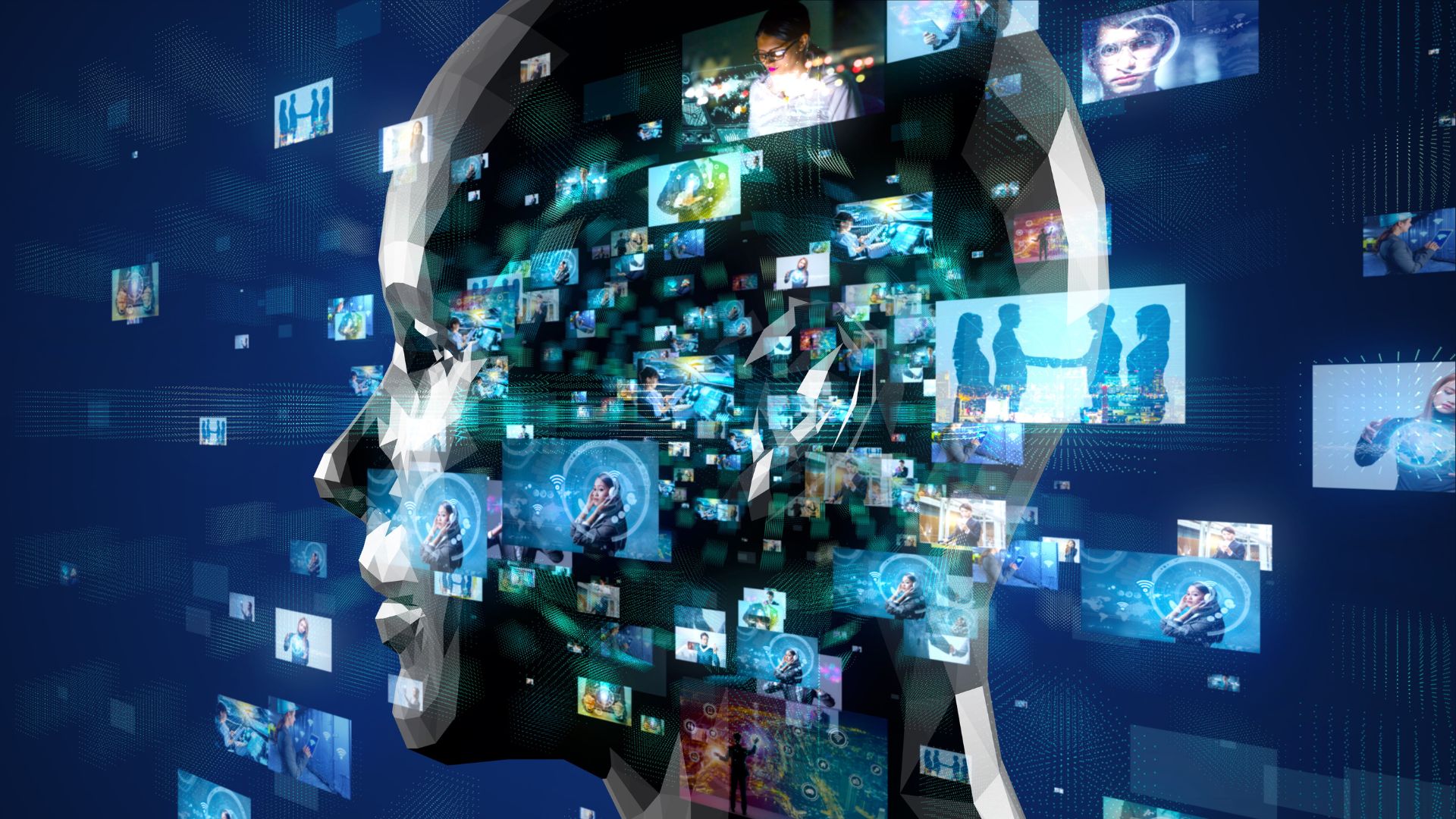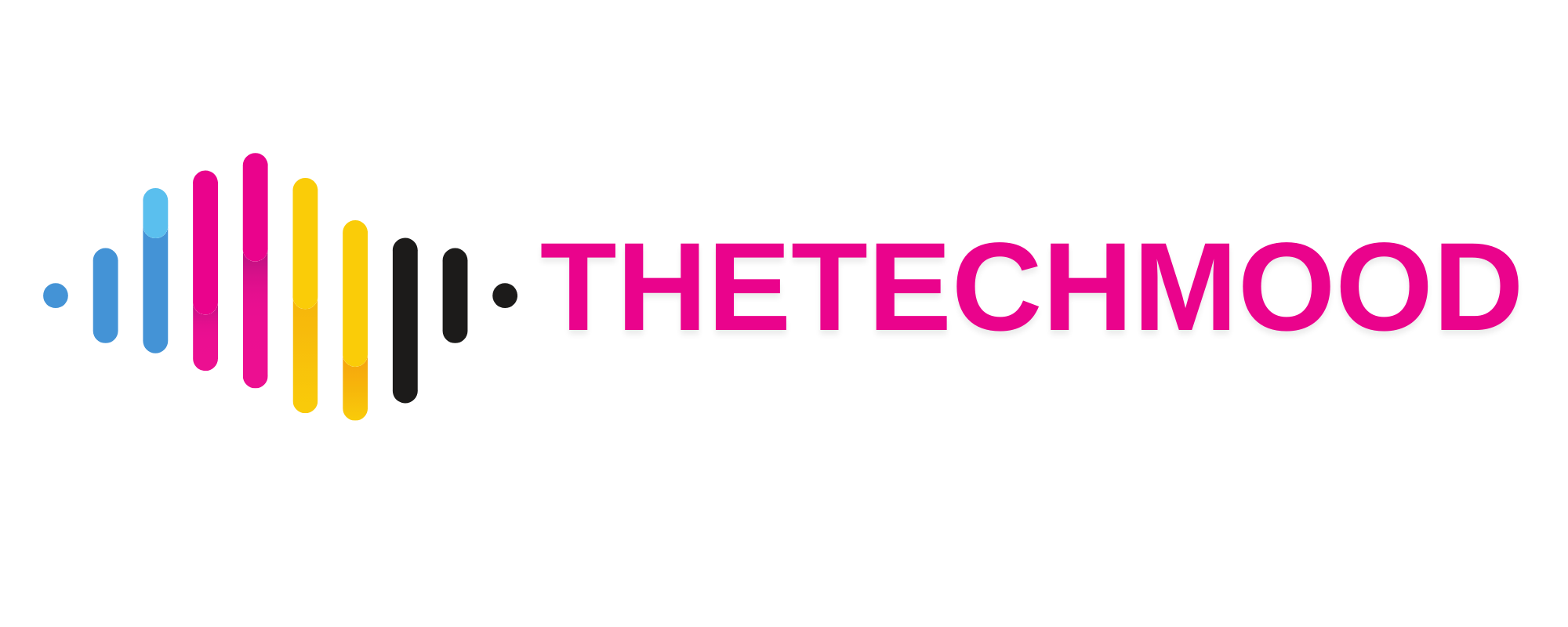Tech Ethics: Balancing Innovation with Responsibility in the Digital Era

In an era of rapid technological advancement, ethical considerations are becoming increasingly important. The rise of artificial intelligence, data analytics, and other cutting-edge technologies presents both opportunities and ethical dilemmas. Balancing innovation with responsibility is crucial to ensure that technological progress benefits society as a whole.

One major ethical concern is data privacy. As companies collect and analyze vast amounts of personal data, ensuring the privacy and security of this information is paramount. Misuse or unauthorized access to data can have severe consequences for individuals. Organizations must adopt transparent data practices, obtain informed consent, and implement robust security measures to protect user information.

Artificial intelligence (AI) and machine learning (ML) also raise ethical questions. While these technologies offer significant benefits, such as improved healthcare diagnostics and personalized services, they can also perpetuate biases and discrimination. Ensuring that AI and ML systems are developed and trained using diverse and representative data sets is essential to minimize bias. Moreover, establishing accountability for AI decisions and outcomes is necessary to build trust in these technologies.

The ethical use of technology extends to its impact on employment. Automation and AI are transforming the job market, potentially leading to job displacement. Companies and policymakers must address these challenges by investing in workforce retraining and creating new opportunities for those affected by technological changes.

Environmental sustainability is another critical aspect of tech ethics. The production and disposal of electronic devices contribute to environmental degradation. Companies must adopt sustainable practices, such as reducing e-waste, promoting recycling, and developing energy-efficient technologies.


